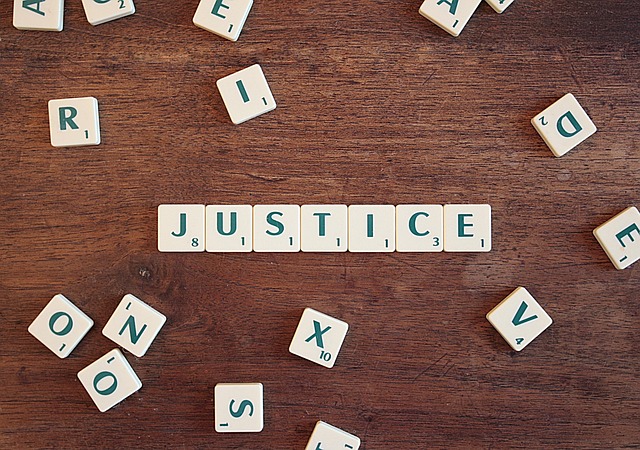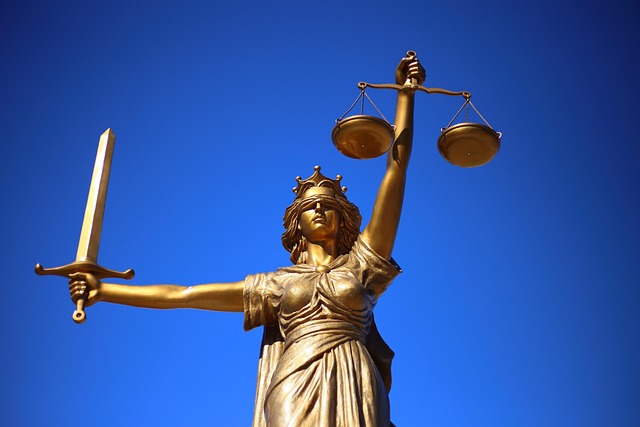Understanding jury biases is essential for criminal defense attorneys to manage litigation risks effectively. Juries, despite aiming for impartiality, are susceptible to personal prejudices, stereotypes, media influence, and emotional appeals that can distort decision-making. Defense attorneys play a critical role in navigating these biases through strategic questioning during voir dire and the presentation of compelling evidence, countering preconceived notions and ensuring fair trials. Recognizing and addressing biases like racial and gender stereotypes, often hidden influences, empowers lawyers to develop strategies minimizing risk of unfair outcomes. Proactive bias management is crucial for winning challenging defense verdicts, protecting clients' rights, and upholding justice in criminal proceedings.
“Unveiling the intricate web of jury biases is a critical aspect of litigation risk management, especially in criminal trials. This comprehensive guide delves into the profound impact of hidden prejudices on verdict outcomes. We explore common biases, their subtle manifestations, and the ensuing case studies that shed light on the challenges faced by jurors. By understanding these biases, attorneys can employ strategic pre-trial assessments, utilizing questionnaires and expert analysis to unearth potential issues. Furthermore, we navigate effective questioning techniques and courtroom procedures to mitigate bias during trials, culminating in a post-trial review process that addresses biased decisions.”
- The Role of Jury Biases in Criminal Trials
- – Exploring common biases and their impact on verdict outcomes
- – Case studies illustrating biased jury decisions
- Identifying Potential Jury Biases
The Role of Jury Biases in Criminal Trials

Understanding Jury Biases in Criminal Cases is a critical aspect of litigation risk management, especially for those involved in criminal defense. Juries, while tasked with delivering impartial verdicts, are not immune to biases that can significantly impact their decision-making process. These biases range from personal prejudices and stereotypes to media influence and emotional appeals. Recognizing these biases is key to crafting effective strategies that challenge unfair perceptions and ensure a fair trial.
In navigating complex criminal cases, defense attorneys must be adept at uncovering and addressing potential jury biases. By employing strategic questioning during voir dire and presenting compelling evidence, they can counterbalance any preconceived notions or misinformation. An unprecedented track record of achieving extraordinary results, including winning challenging defense verdicts, underscores the importance of this nuanced approach in managing litigation risks and upholding justice in criminal trials.
– Exploring common biases and their impact on verdict outcomes

Understanding Jury Biases in Criminal Cases is a critical aspect of successful litigation risk management in general criminal defense. Juries, while intended to be impartial, often operate with biases that can significantly influence their verdict outcomes. These biases range from unconscious stereotypes to preconceived notions about certain demographics or legal scenarios. For instance, the “racial bias” phenomenon where juries may perceive evidence differently based on the race of the defendant has been well-documented. This, among other biases, poses a challenge for defense attorneys aiming to achieve winning challenging defense verdicts for their clients.
By recognizing and accounting for these biases, legal professionals can craft more effective strategies. This involves meticulous case preparation, thorough client interviews, and a nuanced understanding of the community in which the trial takes place. Such proactive measures not only enhance the chances of achieving just outcomes but also contribute to the overall integrity of the criminal justice system.
– Case studies illustrating biased jury decisions

In the realm of litigation risk management, understanding jury biases is paramount for any general criminal defense attorney aiming to secure the best possible outcome for his clients. Case studies from across the country highlight how biased jury decisions can significantly impact trials, often with unprecedented track records. For instance, research shows that racial and gender biases can subtly influence jurors’ perceptions of guilt or innocence, leading to unfair verdicts despite identical evidence.
These biases aren’t limited to overt discriminatory behavior; they also manifest in more subtle ways. Juries may unconsciously associate certain characteristics—like age, socio-economic status, or even the way a defendant dresses—with guilt, regardless of the presented facts. By recognizing and addressing these hidden biases, defense attorneys can craft strategies that mitigate risks and ensure their clients receive a fair trial. This proactive approach is essential in navigating the complex landscape of criminal litigation, aiming for outcomes just and true.
Identifying Potential Jury Biases

Understanding Jury Biases in Criminal Cases is a critical component of effective Litigation Risk Management. Juries, often composed of everyday citizens, can bring preconceived notions and biases into the courtroom, which may significantly impact their decision-making process. These biases are complex and multifaceted, stemming from societal influences, media coverage, personal experiences, and even legal precedents. For instance, in cases involving white collar and economic crimes, jurors might subconsciously associate certain demographics or professions with dishonest behavior, potentially leading to unfair judgments.
Identifying these potential biases is a proactive step towards achieving extraordinary results in challenging defenses. Legal professionals can employ various strategies, such as thorough juror screening, bias awareness training, and careful phrasing of questions during voir dire, to uncover hidden prejudices. By addressing jury biases proactively, lawyers can ensure fair trials and increase the chances of winning challenging defense verdicts, ultimately protecting their clients’ rights and interests.
Understanding jury biases is a crucial aspect of litigation risk management, especially in criminal cases. By recognizing and addressing these biases, legal professionals can ensure fairer trials and improve verdict outcomes. Through meticulous case preparation and strategic decision-making, it’s possible to navigate the complex landscape of jury dynamics, ultimately fostering a more just and transparent justice system.






